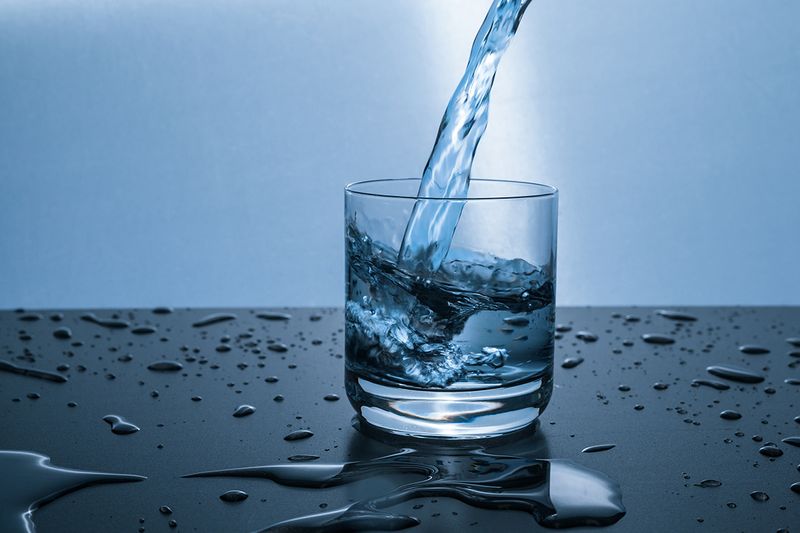Caption: Contaminated drinking water is a problem from coast-to-coast, and could be the next big public health crisis facing the United States. Credit: Pixabay.
Dear EarthTalk: What are the main contaminants we have to worry about in our drinking water? How can we know if we are being exposed and what can we do about it?— L. Minto, Bern, NC
Today, most Americans get their water from their sinks or fridge filters, and it travels great distances to get there. On the way, it may pick up chemicals that are harmful to our health if not filtered out properly.
An analysis by the non-profit Natural Resources Defense Council (NRDC) using 2016 data from the U.S. Environmental Protection Agency (EPA) found that some 18 million Americans were living in areas with unsafe levels of lead in the water. In another report, USA Today found that 63 million Americans were exposed to unsafe drinking water from 2007-2017. Water pollution issues were also found to disproportionately plague minority and low-income communities.
Flint, Michigan has been a leading example of U.U. communities facing water pollution. Discolored and highly polluted water was piped into Flint for 18 months during which time residents experienced skin rashes, itchy skin and hair loss. Although complaints were filed by Flint community members, they were dismissed by government officials. Many felt the government’s response (or lack thereof) was rooted in prejudice as the majority of Flint’s population is black and two of five residents live below the poverty line. Michigan’s own Civil Rights Commission called the poor response a “result of systemic racism.”
One of the main poisons in Flint’s water was lead, which entered the water via corroded plumbing. The Centers for Disease Control & Prevention (CDC), says that lead exposure is especially harmful to kids, causing brain and nervous system damage, developmental, learning and behavioral issues and hearing loss. In adults, lead can cause high blood pressure, miscarriage, infertility and brain and kidney damage.
Some other common contaminants in drinking water are perfluorooctanesulfonic (PFOS) and perfluorooctane (PFOA), strontium and perchlorate. PFOS and PFOA are persistent man-made chemicals that can seep into groundwater sources and don’t break down easily. They’ve been linked to chronic kidney disease and several forms of cancer.
Strontium can weaken bones and stunt bone growth. Florida, Texas and Eastern Wisconsin each have higher than normal percentages of strontium in their water because many reservoirs come from carbonate rock aquifers in these states. Perchlorate disrupts the thyroid’s ability to produce hormones. It has also been labeled a “likely human carcinogen” by the EPA. It is estimated that 11 million Americans live in areas with perchlorate concentrations that are higher than what is considered safe in drinking water.
If you’d like to know what’s in your drinking water, look online for free local water testing reports, or find a lab that will test your home water supply for between $20-100. Advocating for clean water to local, state and federal government agencies is also key to maintaining the community’s right to clean water.
EarthTalk® is produced by Roddy Scheer & Doug Moss for the 501(c)3 nonprofit EarthTalk. See more at https://emagazine.com. To donate, visit https//earthtalk.org. Send questions to: [email protected].





